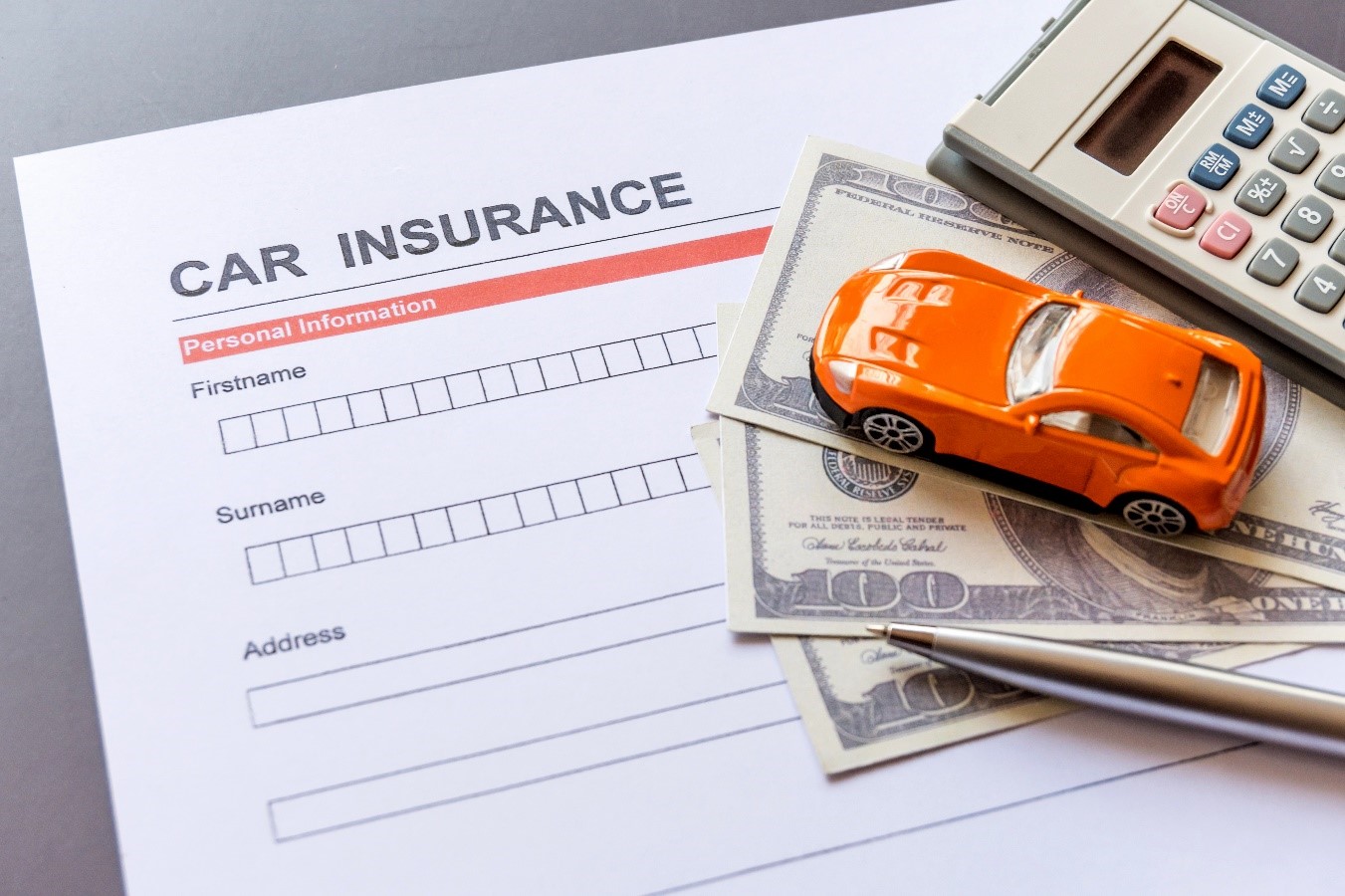For many drivers, it can be an unpleasant surprise to discover that their car insurance costs increase each year, even if they haven’t had accidents or filed claims. Most price increases in your policy are due to factors beyond your control, but understanding these factors and knowing some solutions can help you reduce the impact on your finances.
Table of Contents
Toggle1. Increase in Repair and Replacement Costs
The cost of car repairs and replacement parts has risen significantly in recent years. Advances in vehicle technology, such as assistance cameras, sensors, and electronic components, make repairs more complex and expensive. Insurers adjust their prices to cover these higher costs, so premium increases are a direct consequence.
Solution: To minimize the impact, consider choosing insurance that has options for repair shops offering discounts or preferential rates. You can also opt for a higher deductible, which lowers the monthly cost but requires you to cover a larger portion in the event of a claim.
2. Increase in Medical Costs
Another factor that affects your car insurance price is the increase in medical costs. In the event of an accident, insurers cover not only material damages but also medical expenses for you and those involved. With rising healthcare costs globally, insurers are forced to increase premiums to meet these expenses.
Solution: Some car insurance policies allow you to adjust medical coverage. If you have other health insurance that can cover some of these expenses, check if it’s possible to reduce the medical coverage on your car policy, but make sure it’s still sufficient for your needs.
3. Higher Accident Rates in Your Area
Insurers analyze accident rates in each area to calculate the risk of insuring a vehicle. If the area where you live has seen an increase in accidents, car theft, or vandalism, your insurance is likely to increase, as the company considers the risk of a claim to be higher.
Solution: Although you can’t change your location, you can adjust the coverage based on your vehicle use. If you only use it occasionally, you might consider a low-mileage policy, which can result in a lower premium.
4. General Inflation
Inflation is one of the economic factors that affect all sectors, and insurance is no exception. When the cost of living and prices of goods and services rise, insurers must also adjust their prices to cover these additional costs. This increase translates into higher insurance premiums.
Solution: You can reduce the impact of inflation on your premium by opting for an annual payment instead of a monthly one. Some insurers offer discounts for making a single annual payment, which also protects you against price increases during that year.
5. Claims History and Personal Risk Profile
Your claims history and risk profile also influence the cost of your policy. Even if you haven’t had recent claims, insurers may review your background to determine if you’re a high-risk driver. Factors like your age, the type of vehicle you drive, and your driving history affect the premium calculation.
Solution: If you have a clean record and haven’t filed claims, consider asking your insurer for discounts or rewards for responsible drivers. Some companies offer discount programs for those who maintain an accident-free record for a specified period.
6. Changes in Regulations and Coverage Requirements
Laws and regulations related to car insurance can change and often include higher coverage requirements or mandatory additional coverage. If your policy needs to adjust to meet new legal requirements, this can increase the cost of your insurance.
Solution: Stay informed about local laws and consult with your insurer if there are alternatives or adjustments you can make to avoid significant increases. Some insurers offer different coverage levels that meet minimum requirements and can reduce costs.
7. The Age and Condition of Your Vehicle
As your car ages, it may require more maintenance and repairs. Additionally, if your vehicle falls into a category considered higher risk (for example, if it’s a frequently stolen model), insurance costs may rise. Insurers assess the condition and model of your car and adjust the premium based on the associated risk.
Solution: Consider reducing collision and damage coverage on your own vehicle if its value has significantly decreased. By reducing coverage on older cars, you could lower your premium cost.
Conclusion
Although annual increases in car insurance prices can be frustrating, understanding the reasons behind these increases allows you to make informed decisions and find solutions. By comparing different insurers, adjusting your coverage, and taking advantage of discounts, you can minimize the impact of these increases on your budget. Don’t forget to review your policy and consult regularly with your insurance agent to ensure you’re getting the best possible protection at the best price.


